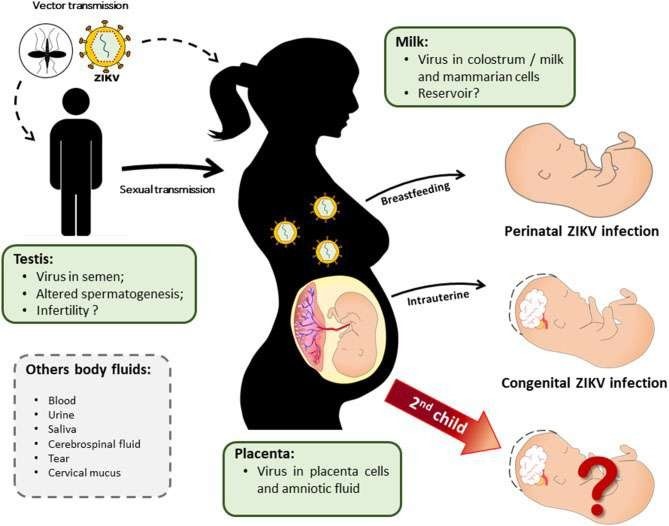A nurse is caring for a client who has end-stage kidney disease.
The client’s adult child asks the nurse about becoming a living kidney donor for their parent.
Which of the following conditions in the child’s medical history should the nurse identify as a contraindication to the procedure?
Osteoarthritis.
Primary glaucoma.
Hypertension.
Amputation.
Amputation.
The Correct Answer is C
Hypertension is a contraindication to living kidney donation because it can increase the risk of kidney disease and cardiovascular complications in the donor. Hypertension can also affect the quality and survival of the donated kidney in the recipient.
Therefore, a potential donor with uncontrolled or poorly controlled hypertension should not undergo a nephrectomy.
Choice A, osteoarthritis, is not a contraindication to living kidney donation.
Osteoarthritis is a degenerative joint disease that does not affect the kidneys or the cardiovascular system.
It may cause pain and stiffness in the joints, but it can be managed with medications and physical therapy. A potential donor with osteoarthritis can donate a kidney if they have normal kidney function and no other medical problems.
Choice B, primary glaucoma, is not a contraindication to living kidney donation.
Primary glaucoma is a condition that causes increased pressure in the eye and can lead to vision loss if untreated.
It does not affect the kidneys or the cardiovascular system. A potential donor with primary glaucoma can donate a kidney if they have normal kidney function and no other medical problems.
Choice D, amputation, is not a contraindication to living kidney donation.
Amputation is the surgical removal of a limb or part of a limb due to injury, infection, or disease.
It does not affect the kidneys or the cardiovascular system. A potential donor with amputation can donate a kidney if they have normal kidney function and no other medical problems.
Normal ranges for blood pressure are less than 120/80 mmHg for systolic and diastolic pressure, respectively.
Normal ranges for kidney function are eGFR above 60 mL/min/1.73 m2 and albuminuria below 30 mg/g.
Nursing Test Bank
Naxlex Comprehensive Predictor Exams
Related Questions
Correct Answer is B
Explanation

This is because rubella is a highly contagious viral infection that can cause serious harm to the developing fetus if the pregnant person gets infected. Rubella can cause congenital rubella syndrome, which can result in hearing and vision loss, heart defects and other serious conditions in newborns.
Choice A is wrong because aspirin should not be given to children or adolescents with viral infections, as it can cause Reye’s syndrome, a rare but potentially fatal condition that affects the liver and brain.
Choice C is wrong because rubella does not require airborne precautions, which are used for diseases that can spread through very small droplets that can remain in the air for long periods of time, such as tuberculosis or measles. Rubella spreads through direct contact with saliva or mucus of an infected person, or through respiratory droplets from coughing or sneezing.
Therefore, standard and droplet precautions are sufficient to prevent transmission. Choice D is wrong because Koplik spots are a characteristic sign of measles, not rubella.
Koplik spots are small white spots that appear on the inside of the cheeks before the measles rash develops. Rubella causes a pink or red rash that usually starts on the face and moves down the body.
Normal ranges for rubella antibody tests are:
- IgM: Negative or less than 0.9 IU/mL
- IgG: Negative or less than 10 IU/mL
A positive IgM result indicates a recent or current infection, while a positive IgG result indicates a past infection or immunity from vaccination.
Correct Answer is B
Explanation
This is because the retention port is a sterile site that can be accessed by a syringe to aspirate urine without contaminating the specimen or the closed drainage system. The retention port should be cleaned with an alcohol swab before inserting the syringe. The specimen should be transferred to a sterile container and labeled appropriately.
Choice A is wrong because unclamping the collection port below the bag would allow urine to flow out of the bag, which is not sterile and may contain bacteria or sediment.
Choice C is wrong because disconnecting the catheter from the collection tubing would break the closed drainage system and increase the risk of infection.
Choice D is wrong because using the balloon port to obtain the sterile specimen would deflate the balloon that holds the catheter in place and cause trauma to the bladder wall.
Normal ranges for urine characteristics vary depending on the type of analysis, but some general parameters are:
• Color: pale yellow to amber
• Clarity: clear or slightly cloudy
• Odor: faint aromatic
• pH: 4.5 to 8.0
• Specific gravity: 1.005 to 1.030
• Protein: <150 mg/24 hr
• Glucose: negative
• Ketones: negative
• Blood: negative
• Nitrites: negative
• Leukocyte esterase: negative
• Bacteria: <10,000 CFU/mL
Whether you are a student looking to ace your exams or a practicing nurse seeking to enhance your expertise , our nursing education contents will empower you with the confidence and competence to make a difference in the lives of patients and become a respected leader in the healthcare field.
Visit Naxlex, invest in your future and unlock endless possibilities with our unparalleled nursing education contents today
Report Wrong Answer on the Current Question
Do you disagree with the answer? If yes, what is your expected answer? Explain.
Kindly be descriptive with the issue you are facing.
